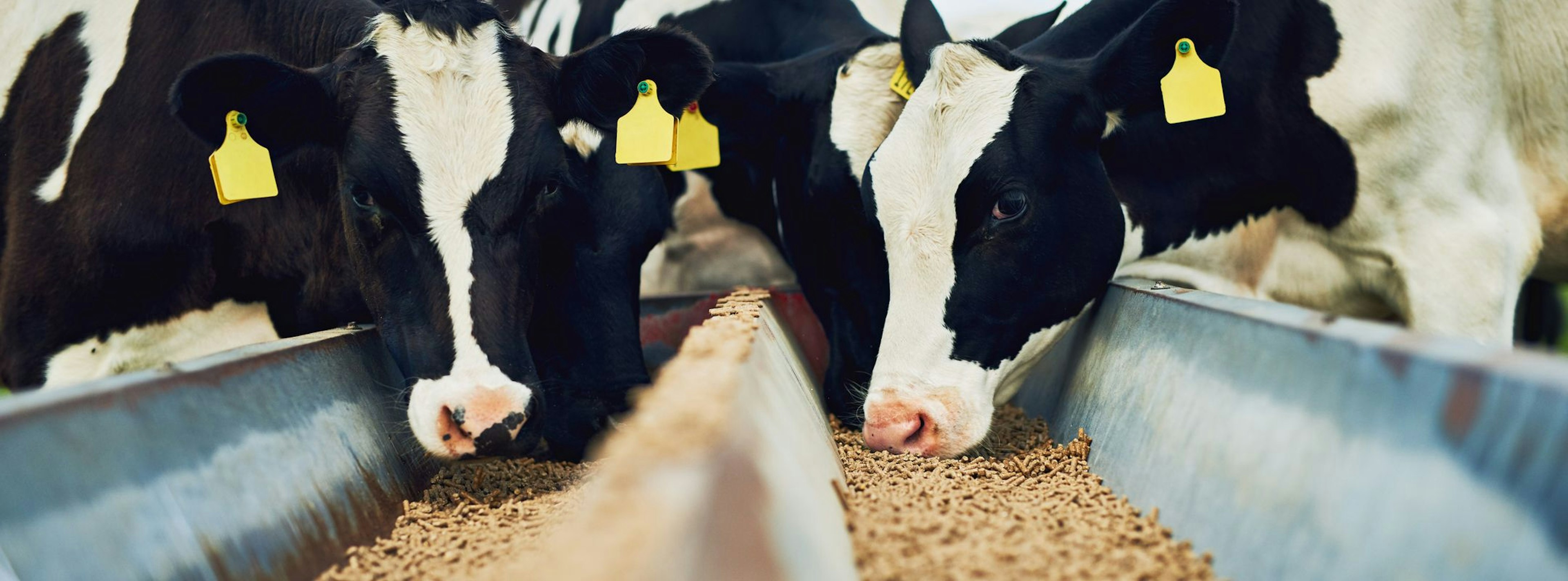Missing deforestation-risk products undermine EU’s due diligence proposal
9 Nov 2021
4 min read
Trase analysis of the EU’s draft due diligence regulation finds that the proposal fails to account for more than half of the bloc’s deforestation risk from imports of soy due to its exclusion of soy used in animal feed.

Most soy imported into the EU is used to feed farm animals (credit: www.peopleimages.com)